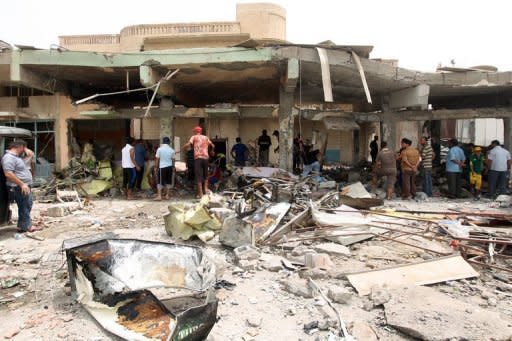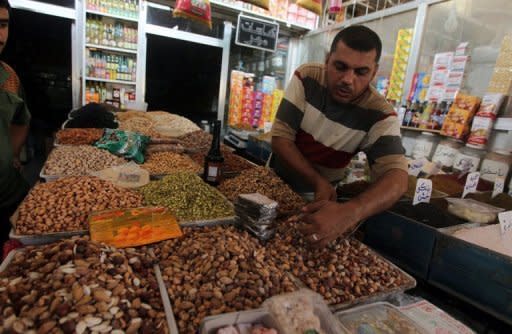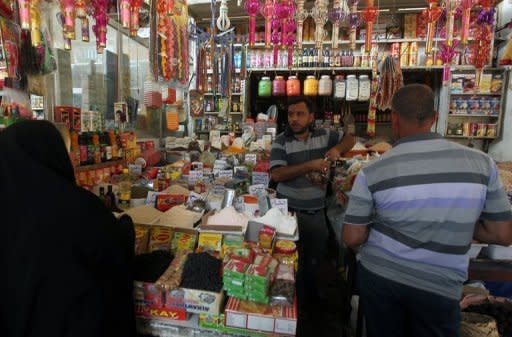Iraq less safe than a year ago: US watchdog
Iraq is a less safe place than it was one year ago as security deteriorates, an American watchdog warned on Saturday, just months ahead of a US withdrawal from the country. The assessment by Stuart Bowen, the Special Inspector General for Iraq Reconstruction, contrasts markedly from the more optimistic view often voiced by senior US army officers who argue Iraqis can maintain internal security. Bowen said efforts by the US embassy to train Iraq's fledgling police force would be "challenging." While the military has been in charge of developing Iraq's policemen, that responsibility is being transferred to the US State Department. "Iraq remains an extraordinarily dangerous place to work," Bowen said in the report published on Saturday. "It is less safe, in my judgment, than 12 months ago." He added the transition of responsibility for reconstruction from the US military to the embassy was occurring "against the backdrop of a security situation in Iraq that continues to deteriorate." Bowen noted June was the deadliest month for US military personnel since April 2009, and that April-July saw the highest number of assassinations of senior Iraqi officials since SIGIR began tracking such figures. He warned that while joint efforts by the US and Iraq had lowered the threat posed by insurgent groups, "foreign (-backed) militias have become cause for concern," and added that the past quarter "also saw an increase in the number of rockets hitting the International Zone and the US embassy compound as well." Despite those concerns, he said US forces in Iraq continue "to contrast the current security status in Iraq to that of mid-2007 -- when the country was embroiled in a state of near-civil war." Responding to the report, Major General Jeffrey Buchanan, spokesman for US forces in Iraq, said: "Iraq's security continues to be an important and complex issue and one that is difficult to summarise in short-term trends and figures." He noted attacks per day in July averaged 13, compared with 15 in June and 10 in February, with the final figure an all-time low. "We anticipated, and stated many times, that there would be militant and terrorist groups trying to take advantage of this period as US forces prepare to fulfill our commitments under the security agreement" by withdrawing from the country, he added. Bowen's report comes ahead of a year-end deadline for the approximately 47,000 American troops currently stationed in Iraq to withdraw from the country, under the terms of a bilateral security pact. But proposals for a US military training mission of limited size are gaining traction amongst Iraqi politicians, Foreign Minister Hoshyar Zebari has said, although nothing has yet been agreed. As a result, Bowen said Iraq was in the midst of a "summer of uncertainty." Among his other concerns was the transition of responsibility for training Iraq's police forces to the State Department from the military. He noted the US embassy's execution of the police training mission would "be challenging, involving fewer than 200 advisers based at three sites and supporting Iraqi police in 10 provinces." Bowen's report put the number of Iraqi police at 302,000 as of the end of June, with another 229,000 officers falling under the interior ministry, responsible for securing borders, oil installations and key facilities. Iraq's armed forces number around 270,000, according to the report. A US embassy spokesman declined to comment on the SIGIR report, referring requests for a response to the State Department in Washington.




